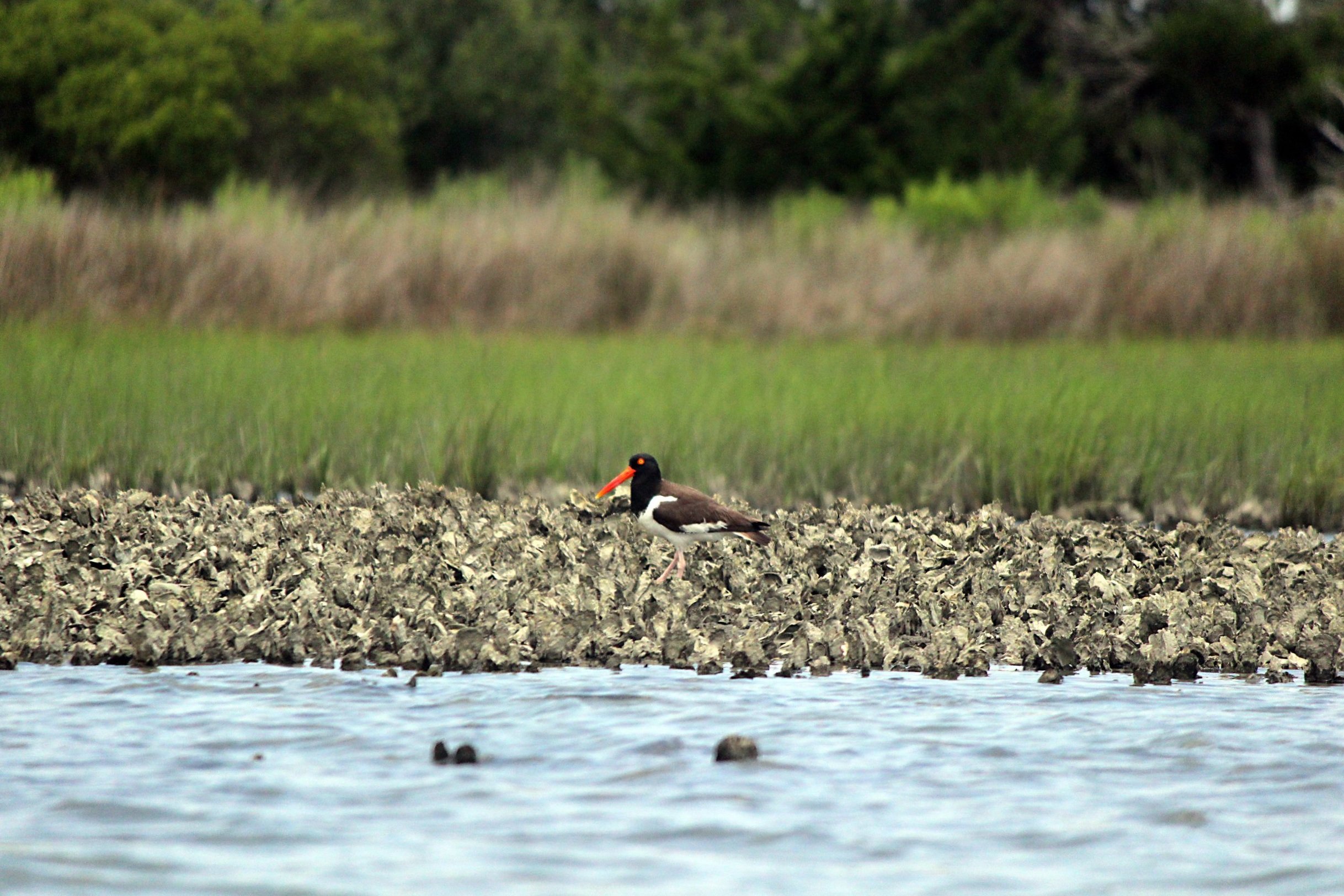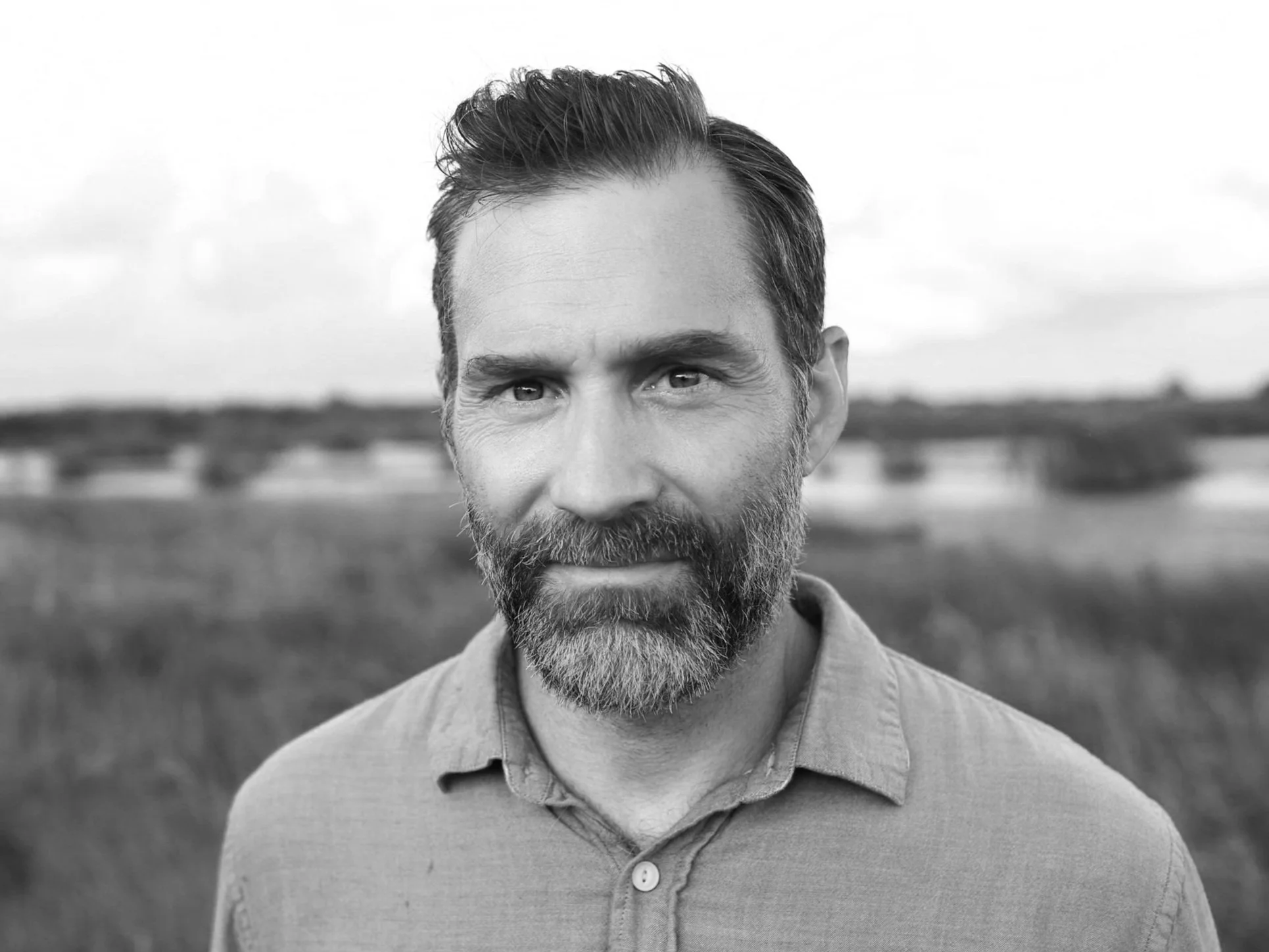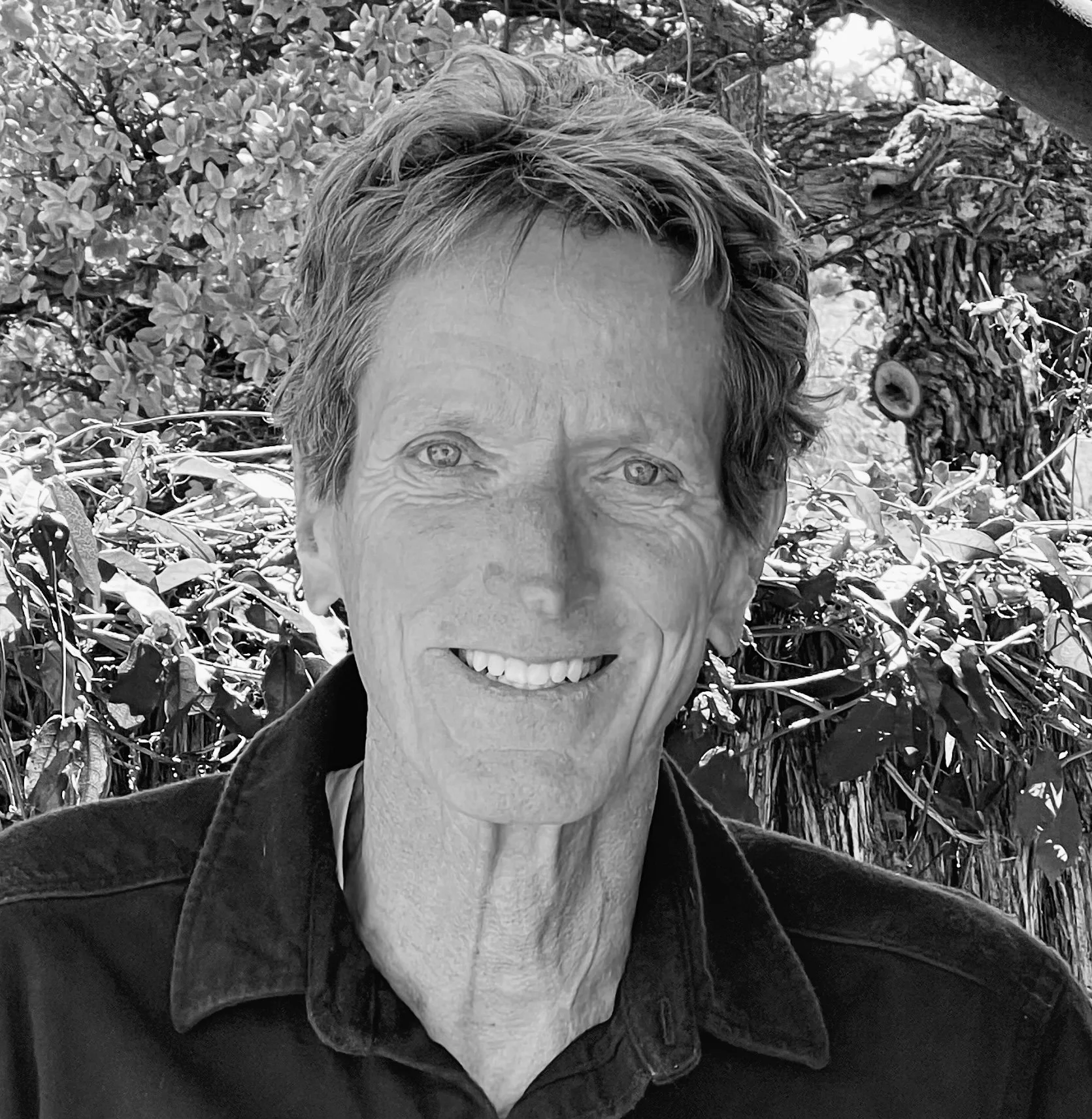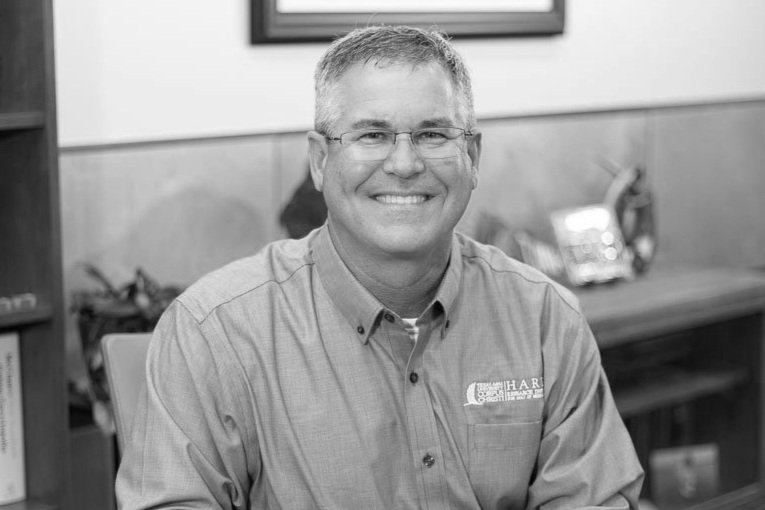
Ensuring a Vibrant Texas Coast and Gulf of Mexico for Future Generations
The Gulf of Mexico Trust advances the long-term sustainable use and conservation of the Gulf of Mexico by implementing pragmatic solutions that work for industry, the environment, and communities in Texas and the region. We unite and amplify Harte Research Institute for Gulf of Mexico Studies at Texas A&M University-Corpus Christi’s work and our partners’ voices to advance Texas’ legacy of balancing economic growth with natural resource conservation.
Our Mission
Our Vision
To be the leader in providing Texas-based, science-backed solutions that support a vibrant and resilient Texas coast and Gulf of Mexico.
Through an innovative partnership with Harte Research Institute and relevant stakeholders, we promote long-term, science-based solutions
to the Gulf’s most pressing challenges in two important ways.
Our Work
BUILD A TEXAS COALITION FOR THE GULF OF MEXICO
We bring together scientists, businesspeople, public policymakers, philanthropic concerns, non-governmental organizations, and communities to develop policy strategies that improve the Gulf for all.
ENABLE RESEARCH-BASED DECISIONS
We create new ways for academia, government, non-governmental organizations, and industry to collaborate and innovate through public-private programs that share data, information, and knowledge amongst all stakeholders.
Focal Areas
—01
IMPROVE COASTAL HABITATS
Work with non-governmental organizations, natural resource agencies, and other stakeholders to identify, support, secure funding for, and implement on-the-ground projects and efforts that directly address coastal habitat degradation.
-
Engage strategically in convening agencies and others to leverage knowledge and resources related to government research and monitoring efforts associated with programs that aim to improve coastal habitats and water regimes. Example efforts include habitat creation via artificial reefs with Texas Parks and Wildlife Department (TPWD), dune protection and wildlife-friendly beach nourishment efforts with the Texas General Land Office, and water quality standards and monitoring with the Texas Commission on Environmental Quality.
Work with project implementation groups and permitting agencies to improve the efficiency of beneficial use of dredge material permitting and the overall project development process, including identifying project locations.
Work with conservation partners to support the projects and activities for protecting waterbird rookery islands by connecting project implementers with appropriate funding opportunities and ensuring that ongoing dialogue between stakeholders and regulatory agencies occurs by convening key players on an annual basis or at other strategic frequencies.
Work with TPWD, water advocacy organizations, landowners, and other stakeholders to identify and assist willing sellers or lessors in transferring or leasing water rights to the Texas Water Trust to benefit the environment and coastal bays and estuaries.
Allocate special attention to Baffin Bay, part of the world’s largest hypersaline lagoon, to equip existing stakeholder groups with sophisticated communications, policy advocacy strategies, and resources to represent the bay’s needs based on the best available science to various decision-makers and community members.
Be a catalyst for developing new or updated resources and tools needed to identify the best available science related to the state of a particular species or natural resource or to inform innovative habitat restoration initiatives.
-
Improve mapping of the nearshore marine environment of the Gulf of Mexico to track the status and future trends of critical habitat and resources by developing a plan with TPWD for mapping oyster reefs, serpulid reefs, and seagrass beds.
Elevate the science around natural carbon storage in blue carbon ecosystems (wetlands, seagrass, and mangroves) and other coastal areas by producing and disseminating a paper that synthesizes the latest science and evaluates opportunities and barriers to engaging in the carbon credit market to help inform decisions related to coastal resource management.
Advocate for and convene a working group to support TPWD’s efforts to develop a comprehensive and up-to-date Texas seagrass program, including a current Seagrass Conservation Plan, seagrass banking, nurseries, and restoration.
Promote the need for better understanding and planning of protecting and restoring Texas’ wind tidal flats (low-lying, dry areas that can be underwater during high tide and flooding events).
Plan and launch a Trash Free Gulf Campaign that can be scaled across Texas coastal counties and communities in a phased approach to connect youth, conservation, and civic organizations, elected officials, and industry partners in taking action to leverage beach cleanups and to support efforts to curb the outfall of trash into coastal waterways, bays and estuaries, and the Gulf of Mexico.
—02
BUILD COASTAL RESILIENCY
Promote Nature-based and responsible solutions. Advance awareness of nature-based solutions – actions to protect, sustainably manage, and restore natural or modified ecosystems that address societal challenges effectively and adaptively – to help local, state, and national leaders make informed decisions that enhance coastal community resiliency. GOMT will work with partners to direct technical support and guidance to coastal communities and identify financial resources to enhance their resiliency.
-
Improve understanding and increase the population of Texas’ native oysters while supporting the sustainable use of existing reefs, efficient construction of new habitat, and robust development of the mariculture industry by developing and presenting a plan to the Texas Cultivated Oyster Mariculture Advisory Board to improve the permitting and funding of oyster reef restoration, new oyster reef construction, and commercial oyster farming.
Enhance storm preparedness, mitigation, and resilience with nature-based solutions in Texas’ coastal counties by utilizing the Texas Coastal Resiliency Master Plan developed by the Texas General Land Office and meeting with county judges, commissioners, and planning staff to identify opportunities to pursue relevant funding programs for on-the-ground project implementation, as well as opportunities to incorporate these solutions into various plans like local hazard mitigation plans, regional and state flood plans, and others as strategic.
Pay special attention to enhancing the capacity of rural coastal counties—often the areas richest in healthy coastal resources but lacking the capacity to participate in federal or state planning initiatives or pursue large funding opportunities—and connect their leadership with appropriate programs and advocates to access technical expertise and funds to shore up their coastal environments.
By amplifying scientists ' recommendations to local decision-makers and project proponents, ensure that proposed desalination projects on the coast are designed to avoid harmful environmental impacts, particularly within sensitive marine environments.
—03
SUPPORT SMART ENERGY DEVELOPMENT
Strategically work with the conservation community and other stakeholders to equip communities and governmental entities with science-based solutions to potential environmental impacts from energy and industrial infrastructure siting, support a comprehensive and efficient permitting structure, and lead Texas policymakers to make related decisions that prioritize coastal areas with significant conservation value for people and wildlife and minimize harm to the environment.
-
Prioritize the application of the best available science to better understand the benefits and risks of coastal wind and solar projects on and offshore. To better inform future development, compile existing wind and solar development citing research and make that information available to other conservation organizations.
Collaborate with other organizations and stakeholders to gain and promote science-backed considerations and conclusions around the benefits, risks, and approaches to complex energy-related issues, such as:
hydrogen production, liquefied natural gas terminals, and the installation of new energy sources in the Gulf region;
environmentally responsible carbon storage in and under coastal landscapes in the Gulf region; and
best approaches to addressing the 14,000 unplugged oil and gas wells in the US waters of the Gulf of Mexico that pose a significant threat to the health of the marine environment, key fish species, and coastal communities.
—04
ENSURE BEST AVAILABLE SCIENCE INFORMS SCALED SOLUTIONS
Strategically disseminate—and at times commission—relevant research for decision-makers and policymakers to inform and further policies that promote a sustainable balance between economic and environmental health and spur and help facilitate needed planning and data sharing efforts where gaps exist.
-
Encourage state agencies to make relevant and timely coastal and water data and information publicly available, including archiving their sources with HRI’s Gulf Data Repository (GRIIDC).
Establish long-term water quality monitoring efforts and plans specific to harmful algal blooms, sediment, salinity, and acidification to support conservation, mariculture, and human health decisions.
Utilize science to engage the angler community and sustain healthy fisheries.
Bring the latest science to the birding community to support and supplement their efforts to sustain healthy populations of migratory and colonial-nesting birds.
Understand and create awareness of the ecological implications of development around sensitive coastal habitats (e.g., wind tidal flats, seagrasses, marsh, etc.).
Leadership
Executive Director
Before GOMT, Jay served as Director of Conservation Initiatives for Texas Parks and Wildlife Foundation, was a strategic consultant to National Parks Service, and was a film producer for the first-of-its-kind Texas nature documentary Deep in the Heart.
JAY KLEBERG
President
Anne is Executive Director of the Texas Parks and Wildlife Foundation. She has over 25 years of experience in national nonprofit management across a wide range of disciplines and organizations, including the National Audubon Society.
ANNE BROWN
Board Member
Will is an investor and philanthropist. He has served as a voluntary director for several nonprofit environmental and educational organizations, including Harte Research Institute for Gulf of Mexico Studies.
WILL HARTE
Board Member
Pat is National President of the Coastal Conservation Association. As a lifelong advocate for marine conservation, he has served on many boards, including Congressional Sportsmen’s Foundation.
PATRICK D. MURRAY
Board Member
Rod Sanders is the CEO of Highland Homes and President of the Horizon Foundation, a philanthropic organization whose primary mission is conservation and the protection of the Texas environment and wildlife. He has been a board member of The Nature Conservancy for over twenty years.
ROD SANDERS
Board Member
Carter Smith owns and operates a series of family real estate, oil and gas, and agricultural enterprises, including serving as a partner in Asido Biologicals. Formerly the executive director of the Texas Parks and Wildlife Department and the Texas State Director of The Nature Conservancy, Carter has spent a large portion of his career focused on coastal conservation, restoration, and stewardship.
CARTER SMITH
Board Member
Herb is the co- founder of Air Measurement Technologies, Inc., the inventor of the Integrated Personal Alert Safety System for firefighters. He also serves as a trustee of Trinity University and is on the board of the United Way of San Antonio.
HERB STUMBERG
Ex Officio Board Member
Greg is the Senior Executive Director for the Harte Research Institute for Gulf of Mexico Studies (HRI) at Texas A&M University-Corpus Christi. As a marine biologist, Greg collaborates with local, state, and federal partners to provide scientific data for sustainable management of our marine fisheries and ocean resources. Along with his team at HRI, Greg is committed to developing science-driven solutions that will have a significant positive impact on the Gulf region.













